 The Hope for Children Integrated Community Health program responds to the multiple health needs of children and young people in our target area, providing them with the solid foundation to achieve success in their academic performance and enable them to grow into self-reliant adults. We achieve this by ensuring not only the physical health of the children and young people in the program but also their mental well being.
The Hope for Children Integrated Community Health program responds to the multiple health needs of children and young people in our target area, providing them with the solid foundation to achieve success in their academic performance and enable them to grow into self-reliant adults. We achieve this by ensuring not only the physical health of the children and young people in the program but also their mental well being.
Each child in our program receives a yearly health assessment including history taking, nutritional assessment and physical examination and where required immunization. Children and young people who are HIV positive are visited by home based care givers who provide close follow up of treatment adherence and extra nutritional support if needed. Home based care services are also available for caregivers or parents who are critically ill.
Hope for Children also recognizes that ensuring the mental well being of children and young people is one of the keys to the positive transition to adulthood. Case management is undertaken by the Hope for Children counselor both at the office and at the children’s home and includes child-to-child support groups, one on one counseling and creative therapy.

A key component of our Integrated Community Health program is sexual and reproductive health training and education, which is provided for young people in our program and also in the target area. This is achieved by building their competency through life skills development training, which assists young people to make healthy choices and decisions, regarding their sexual and reproductive health.
For parents and caregivers of the children and young people in our program counseling support, family planning and group therapy is also available. This ensures that each child in our program is provided with the support they need from their families to continue to attend school and achieve academic success.

 Hope for Children works to ensure the physical and mental health and well being of the children and young people in our program. We believe that a significant factor in ensuring the educational success and wellbeing of vulnerable children and young people rests on supporting their physical and mental health, this is particularly the case where the child is living with HIV or their caregiver or parent is HIV positive.
Hope for Children works to ensure the physical and mental health and well being of the children and young people in our program. We believe that a significant factor in ensuring the educational success and wellbeing of vulnerable children and young people rests on supporting their physical and mental health, this is particularly the case where the child is living with HIV or their caregiver or parent is HIV positive.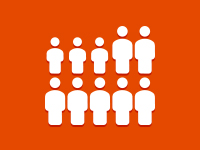
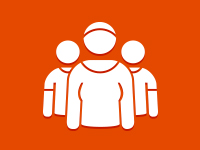
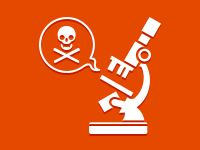
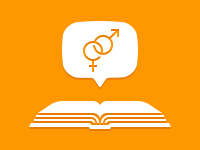
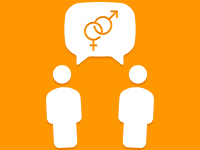
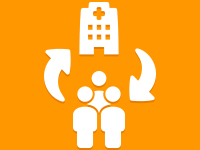

 Like each of our programs the Hope for Children Integrated Community Health program is embedded in the target community.
Like each of our programs the Hope for Children Integrated Community Health program is embedded in the target community.